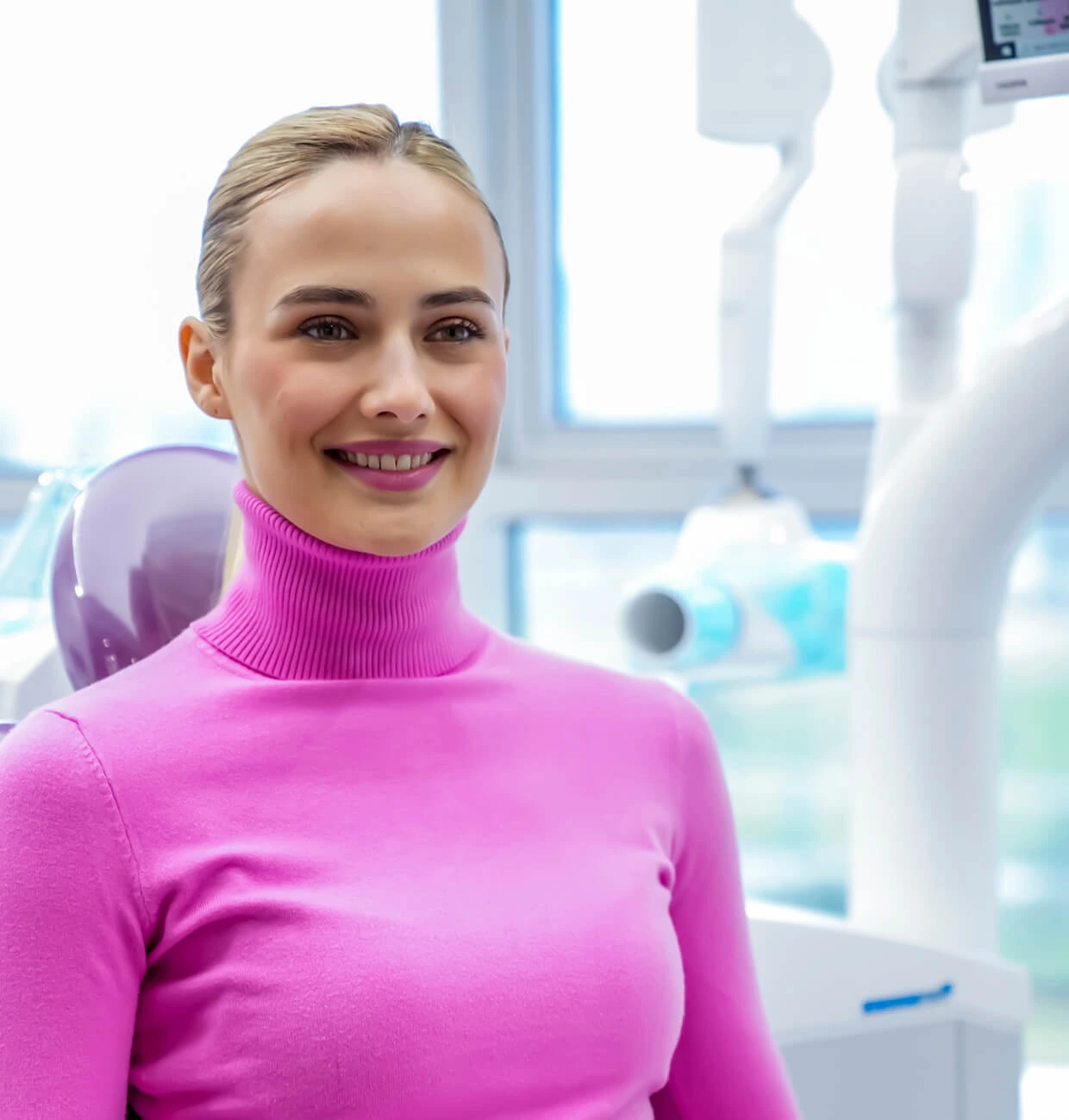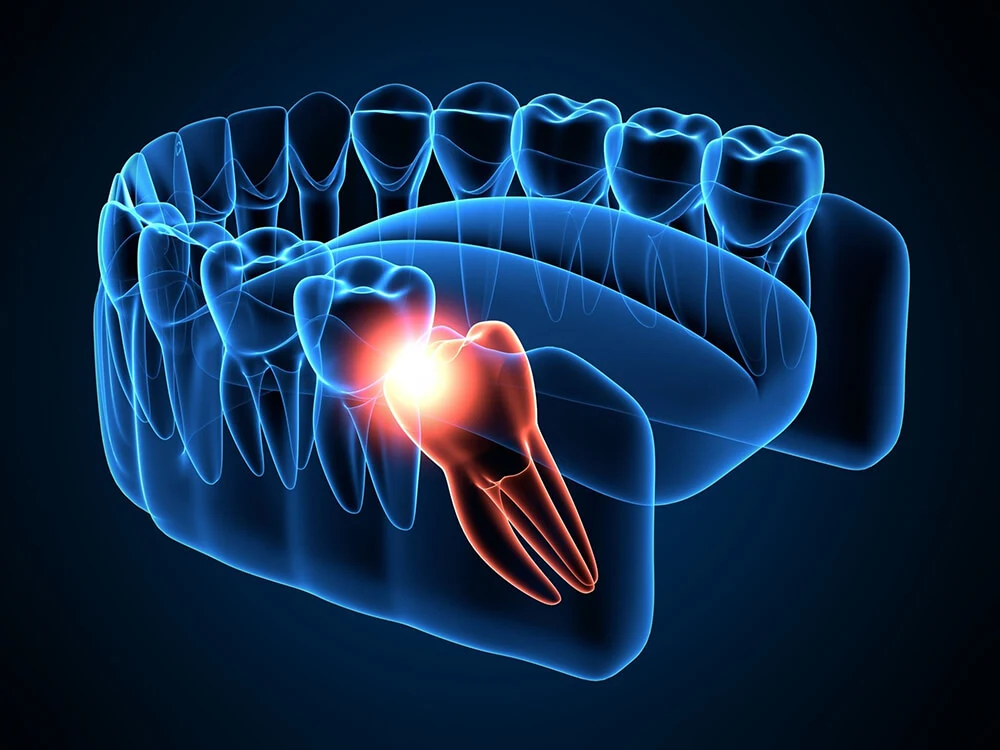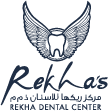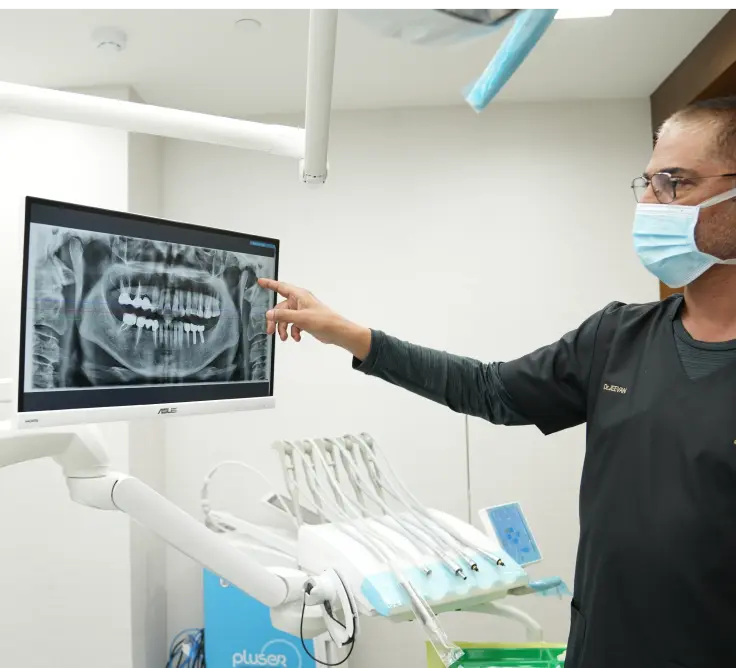Surgical Care You Can Rely On.



We use advanced, contemporary technology to seamlessly integrate the hard and soft tissues of the jaws and face in planning and carrying out the management of conditions that affect the oro-facial region.
Rated 4.7 on Google



Oral & Maxillofacial Surgery
The domain of Oral & Maxillofacial Surgery includes the diagnosis and management of diseases, disorders and deformities affecting the hard and soft tissues of the teeth, jaws and the face. The goal of treatment is restoration of both esthetics and function of the oral and facial structures.
Wisdom Tooth Extraction


Frequently Asked
Questions
The last of the molar teeth at the back of the jaw on either side, also known as third molars, are commonly referred to as wisdom teeth as their presence in the mouth usually coincides with physical maturity of an individual (around the ages of 17 -18 years).
Wisdom teeth are the last teeth to erupt in the mouth and a significant percentage of them remain unerupted or are partially erupted as a consequence of evolutionary processes. A lack of space in the jawbone into which they can erupt consequent to a discrepancy between teeth size and jaw size often leads to inflammation and at times even infection around these teeth and surrounding regions. When this happens it could lead to disruption of day to day life as a result of the pain and swelling in the jaw that ensues. Hence, it may be prudent in most cases to have them removed even before there is a problem, when routine examination reveals that they are unlikely to completely erupt into the mouth.
Since the removal of teeth that are not fully erupted into the mouth and covered by bone and gums requires their exposure first, it is a minor surgical procedure that allows the successful removal of impacted wisdom teeth. The procedure usually takes between 15 minutes to an hour (from the time of administering local anaesthesia). The degree of difficulty is based on various parameters including the amount of bone obstructing the tooth’s removal path, the angle at which the tooth presents itself, presence or absence of infection as well as the patient’s mouth-opening ability.
Routinely most impacted wisdom teeth are removed under local anaesthesia. Rarely, an abnormally deeply positioned wisdom which requires to be removed may be more comfortably carried out under general anaesthesia.
The reliability on local anaesthesia for a comfortable experience requires patients to understand that while local anaesthesia eliminates pain during the procedure, the patient’s own anxiety and apprehension levels can be a reason for lowered pain thresholds. Hence, at times, anti-anxiety agents (not sedatives) may be commonly used in addition to local anaesthesia to keep patients comfortable. Each year over five million people get wisdom tooth surgery carried out around the world, a huge majority of them are under local anaesthesia.
Most of us have our wisdom teeth erupting into the mouth between the ages of 17 to 20 years. A wisdom tooth emerging into the mouth through the gums can quite commonly cause irritation and bad breath from the consequent inflammation and food lodgment. However, a lot of the time these teeth can erupt into the mouth inconspicuously and find themselves malpositioned (impacted), which then leads to issues such as food lodgment between the adjoining tooth and itself leading to decay in one or both of the teeth. Over time, the inflammation and decay can both lead to more serious infection in the jaws and manifest with swelling, pain and restriction in mouth-opening requiring antibiotics and pain-killer medications for alleviation. Once diagnosed as impacted, surgical removal of the tooth is inevitable. When carried out in the absence of infection, the procedure can be more comfortably carried out by the surgeon (local anaesthesia works more effectively in the absence of inflammation) and the consequences are milder for the patient and also precludes the need for extended antibiotics and painkillers. Preventive removal before infection has occurred also allows healing after surgery to be smoother and with fewer post-surgical consequences.




